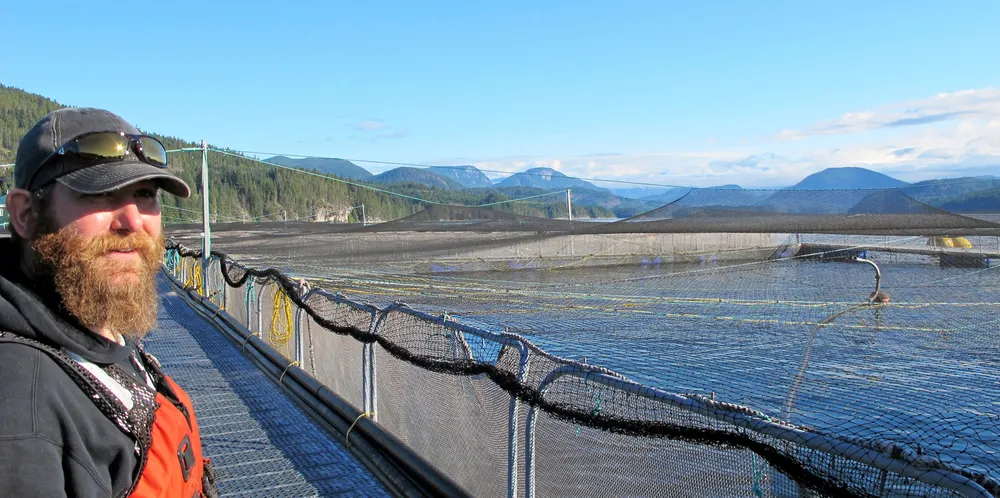Mowi, Cermaq step up fight to prevent shutdown of Discovery Islands farms
Mowi said it could lose 1/3 of its operations due to a decision that puts the company’s entire operations at risk of closure.

Mowi said it could lose 1/3 of its operations due to a decision that puts the company’s entire operations at risk of closure.
